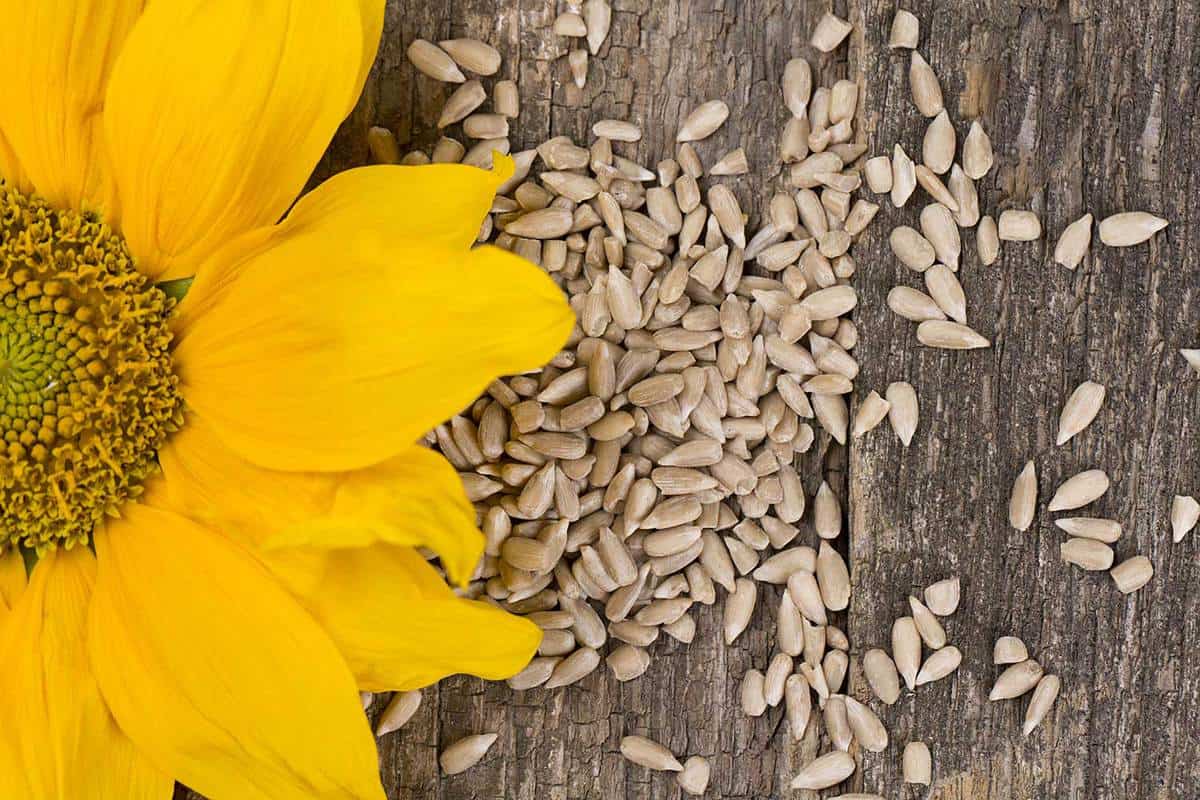One of the most beautiful and happy things to see is bright, blooming sunflowers. But before the flower itself blooms, sunflower plants can seem kind of boring and blah. We know you want to enjoy beautiful sunflowers as fast and as long as possible, so just how quickly do sunflowers grow? We have dug into this for you so you can plan to have a long bloom season for your sunny sunflowers!
Sunflowers can grow from 2 to 2.5 inches (from 5 to 6.25 cm) per week and take from 85 to 95 days to mature. Depending on the variety, sunflowers may grow at that rate until they are up to 16 feet tall. However, the growth rate and success of your sunflowers depend on good husbandry and many other factors.
Let's take a closer look at watering and some other factors that impact how fast and how much your sunflowers grow. Keep reading to find out all about sunflower's growth rates.
Factors That Impact Sunflower Growth
The variety, the climate in which they are grown, and how well they are cared for will have have an impact on a sunflower's rate of growth.
Variety
Variety is the most critical factor to consider when picking out sunflowers to grow and is also the main determining factor of how fast your sunflowers will grow. The variety you choose will directly impact how tall the flowers grow and how fast they grow. It also influences other qualities like hardiness, structure, disease resistance, and spacing, so consider your needs when choosing a sunflower variety.
There are two big divides when picking a sunflower, branching or single-stemmed. While they do not have significant effects on growth speed, they determine the structure and appearance of the flowers.
Typical varieties know for going tall quickly include Mammoth, California Greystripe, and Sunzilla. Sunzillas have even been known to grow to an astounding 16 feet tall! If you are looking for something that is quick growing and better as a cut flower, ProCut Horizon or Buttercream may be the way to go.
Environment

While it may seem like a no-brainer, sunflowers need sun! They grow best with anywhere from six to eight hours of sun each day to reach their potential. Any less than that and the sunflowers' growth will be stunted. They will also be far less likely to develop full flowers and grow to their mature size.
There are a few varieties that can grow with less sun, and a few can even grow in partial sun. Most need full sun to thrive. If you aren't sure about how much sun your sunflowers need, look up your specific variety. Each variety has different particular needs.
For example, the Helianthus Divericatus can grow in the shade but looks very different from your "normal" sunflower. For more information on it and location needs, check out this article on the best place to plant sunflowers.
Other environmental concerns when planting sunflowers include pests. Pests commonly kill sunflowers. Most sunflowers are not deer or rabbit resistant and are prone to be damaged by them, so it is ideal to plant them with other pest-resistant plants such as American Holly.
Once the plant has begun developing seeds, be aware that animals such as birds and squirrels may also take an interest in them, and damage the plants.
Finally, the soil is one of the most important environmental factors that aid in growing sunflowers quickly. Make sure your flowers have plenty of soil with good drainage. Sunflowers can even be grown in pots as long as they have adequate space and drainage. However, be aware that sunflowers in containers generally don't grow as big or as fast.
Husbandry
Sunflowers are relatively low maintenance plants once they are established. They like the soil damp but not soaked, and some varieties may be drought resistant. Watering deeply to promote root growth is ideal.
Giving sunflowers a granular fertilizer or compost once a month, or according to the fertilizer's instructions, is ideal. Sunflowers are greedy when it comes to soil nutrients and tend to draw out and deplete the soil more than many other plants. It's also important to be aware of this when picking a spot to put your sunflowers and when planning next year's garden.
Tall varieties of sunflowers may also need support, or they may fall over from the weight of their flowers. Single stem sunflowers are especially prone to this. Using a tall bamboo or wooden stake is usually enough to support them.
If you are striving for tall and fast-growing flowers, also make sure to weed and pinch off side shoots. Sometimes called "suckers" weeds, younger sunflowers and side shoots can steal nutrients away from the main plant. Be sure to weed often to maximize growth and maturity speed.
How Do You Make Sunflowers Grow Faster?
The easiest and most straight forward ways to make your sunflowers, regardless of variety, grow faster is to get them plenty of sunlight and water. If your sunflowers are not growing much, it is likely due to a lack of sun, water, or both.
Aside from that, the next thing to do is apply fertilizer. Depending on the fertilizer you use, getting additional nutrients to your sunflowers will help them grow faster. Be careful not to over-fertilize and burn the plants. Follow the direction on the package of the fertilizer you choose. A slow-release high-potassium and low nitrogen fertilizer would be best to promote growth in nearly mature sunflowers.
How Long Does It Take To Grow a Sunflower From Seed?

It takes from 85 to 95 days to grow a sunflower from seed. Variety, husbandry, and environment are all major players in how long it takes to grow sunflowers. As long as you take care of your plant and consider those three factors, your sunflowers should reach maturity quickly.
If you want to give your sunflowers a good start, consider starting them from seeds indoors. Make sure to use coco coir, peat pots, or some other substance that breaks down on its own. Sunflowers have deep roots, and if you mess with the roots when transplanting, it may damage the plant permanently.
Do Sunflowers Stop Growing When They Flower?
Yes, when sunflowers flower, they focus all their energy on creating seeds after pollination. As soon as a sunflower is fertilized, it will begin to develop seeds to continue the cycle. The flowers simply do not have the nutrients or energy to keep growing and to reproduce. They may grow a little after flowering to follow the sun as they are heliotropic, but otherwise, their growth is finished.
If you have space and don't want to grow something else later in the year, most varieties of sunflowers will drop their seeds and begin to grow when it is time. Harvesting sunflower seeds to eat or to grow next year is also fairly easy. Be aware that some hybrid varieties do not grow back, and their seeds will not reproduce.
Some varieties of sunflowers are also perennial and do not need to be reseeded to come back next year.
Do you want some more information on sunflowers? Check out these other exciting and informative articles!

Loved your column